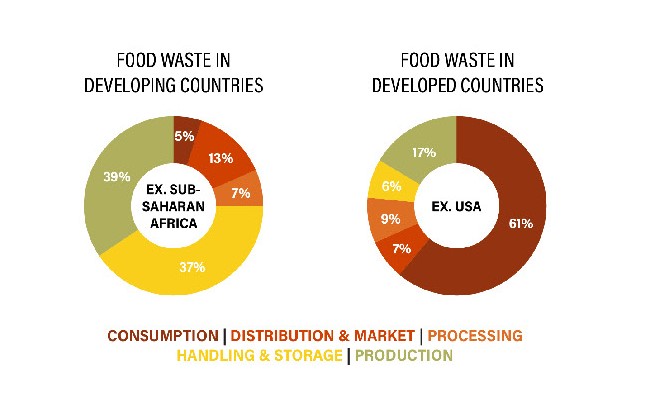project description
By 2025, the global population is projected to reach 9 billion people, thus requiring a 50% increase in agricultural production. As populations rise, city boundaries expand outward and reduce the amount of available arable land. Thus we find ourselves in a paradoxical situation where we must significantly expand our food production in an ever- shrinking agricultural landscape.
For John Deere to continue their legacy and reach their overarching goal to “Feed the World by 2050,” the company must rethink the way modern agriculture is practiced, moving away from a capitalist agriculture towards a rational agriculture. This farming methodology prioritizes food security and harmony with the ecosystem. Through the establishment of a free, open-source agricultural research park John Deere can become the front runner in agriculture innovation through development in the areas of crop collection and storage, vertical and urban farming, robotics, silvopasture, aquaculture, agroforestry, intercropping, and zero tillage.
location
Moline, Illinios
![]()
By 2025, the global population is projected to reach 9 billion people, thus requiring a 50% increase in agricultural production. As populations rise, city boundaries expand outward and reduce the amount of available arable land. Thus we find ourselves in a paradoxical situation where we must significantly expand our food production in an ever- shrinking agricultural landscape.
For John Deere to continue their legacy and reach their overarching goal to “Feed the World by 2050,” the company must rethink the way modern agriculture is practiced, moving away from a capitalist agriculture towards a rational agriculture. This farming methodology prioritizes food security and harmony with the ecosystem. Through the establishment of a free, open-source agricultural research park John Deere can become the front runner in agriculture innovation through development in the areas of crop collection and storage, vertical and urban farming, robotics, silvopasture, aquaculture, agroforestry, intercropping, and zero tillage.
location
Moline, Illinios




-----
Agriculture as Machine | Instructor: Peter Osler
Washington University in St. Louis